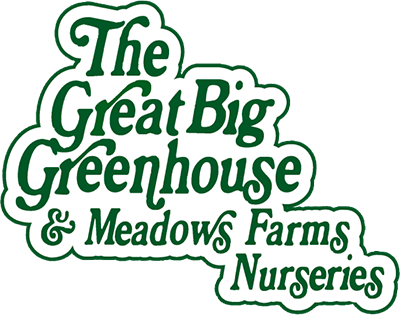I get many people asking about making their yards more bee and butterfly friendly, but what can we do to make our whole yard a wildlife-friendly place?
A New Way of Thinking
Maybe we should reprioritize what we want. If we want a yard that’s wildlife friendly, then why sweat the patch of clover in the side yard? Food for bees. So what if a few inchworms are hanging from the maple tree in the front yard? Food for birds. And they’re only out for a couple of weeks, so if they eat some of the leaves, the maple will grow more. And if inchworms get on my little Japanese maple, I’ll pick them off.
Making Your Yard Wildlife Friendly
Whenever possible, incorporate native plants in your landscapes. After all, these are the plants that wildlife expects to be here. Our whole ecosystem is based on what native wildlife will and won’t eat. Mainly use native berries and seed plants as these will attract birds.
Provide clean, fresh water. Birdbaths, fountains, and ponds are all very important to wildlife. I read an article recently that said that more birds die over the winter from lack of drinking water than from lack of food. You can buy a heater for your birdbath in the winter to keep the water from freezing, if necessary.
Here’s What to Avoid
Be very cautious in using chemicals in your yard. Even an herbicide or fungicide can kill insects if sprayed directly on them. If you must use an herbicide or pesticide, read, read, read the label very carefully, and do exactly what it says—never more.
Timing is everything. Apply products just before dark, when most bees and butterflies have already gone home. And remember, even an organic product can kill the good guys if misused or at the wrong time.
More Suggestions for Creating a Wildlife-Friendly Habitat
For more information on creating wildlife-friendly habitats in your yard, contact the National Wildlife Federation at nwf.org or the Audubon Society at audubon.org. To make your yard more pollinator-friendly, contact The Xerces Society at xerces.org.
For more suggestions about making your yard wildlife friendly, visit the Great Big Greenhouse and Nursery and speak with one of our experts. We’re here to answer all your gardening questions and provide everything you need for that perfect, wildlife-friendly garden.

